"The UK new-car market is so oversupplied and overinvested that it’s extremely difficult to make decent money. Just how profitable it can become will be almost totally dependent on right-sizing – by which I mean somewhere south of two million registrations a year.”
Those are thunderous words, given the registrations peak of 2.69m new cars recorded in 2016, prophetically spoken not over the tumultuous past few months but more than a year ago by the ever-straight-talking Vauxhall boss Stephen Norman when he was asked to assess the state of the market.
Now, of course, it has been reset, albeit via a cliff-edge global pandemic rather than sound economic planning, with registrations of around 1.5m predicted for 2020. Tellingly, though, even with the prospect of massive unemployment and potential Brexit complications to ripple the start of next year, the last forecast (set in October by predictions from manufacturer representatives) was for about 2.0m registrations in 2021 – bang on Norman’s target.
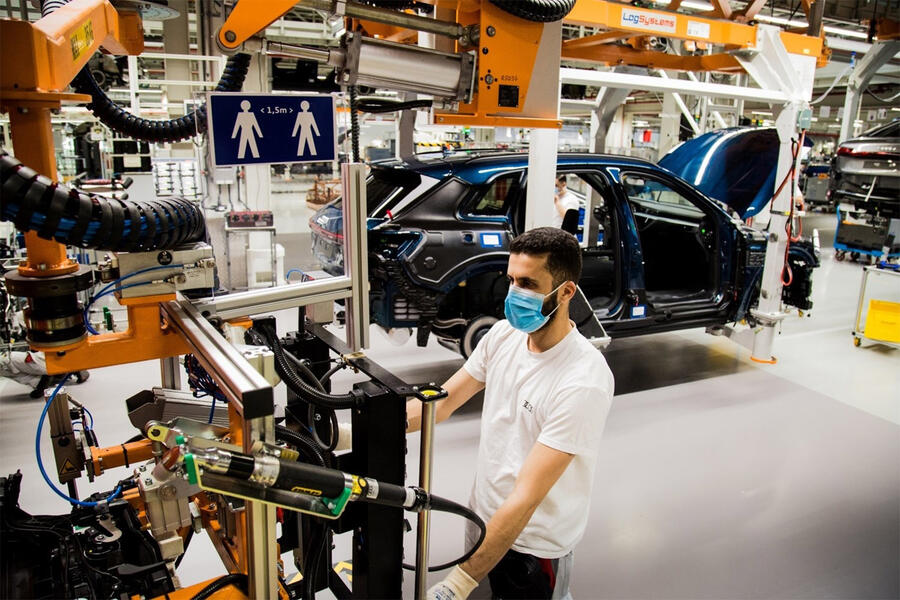
The question now being asked is whether Norman’s view – whispered by bosses of other mass-market brands but not spoken as loudly – was on the money and whether the circumstances that have led to the precipitous collapse are suitable for profitable trading.
Certainly a glance at the quarterly results from some of the large dealer groups in recent weeks suggests there has been money to be made. The slew of better-than-expected results caught the headlines, albeit with new car profits combined with those for booming used car sales and cash from aftersales divisions feasting on pent-up demand after the famine of lockdown.
While there was highly profitable business being done, the risk is that these were recorded not in the ‘new normal’ but rather in what may well come to be regarded as a golden period between the first and second lockdowns, as pent-up demand was unleashed and so-called revenge buying – people rewarding themselves for the hardships they had endured – was prevalent.
Even so, what’s clear is that the positive results were achieved by selling fewer cars at greater profit margins – more profit for less effort, in very crude terms.
But not everyone sees it as a positive. Society of Motor Manufacturers and Traders chief Mike Hawes continues to caution that the impact of low sales volumes will inevitably impact on the financial health of manufacturers and in turn impact on the million or so people employed directly and indirectly across the UK’s automotive industry.
“The ongoing decline in registrations for 2020, combined with the prospects of what looms ahead, paints a very gloomy picture for the future of the sector,” he said.
Whichever side you sit on, though, it’s clear that many are looking beyond the obvious negatives of the pandemic to seize the opportunity to reset, presented because the seemingly impossible has happened: factories have been idled or slowed to the point that overproduction, the scourge of the industry’s bottom line for decades, is no longer an issue.
For now, at least, demand and supply are more evenly matched, and many of the associated costs of overproduction are being picked up by pandemic support schemes across the globe.
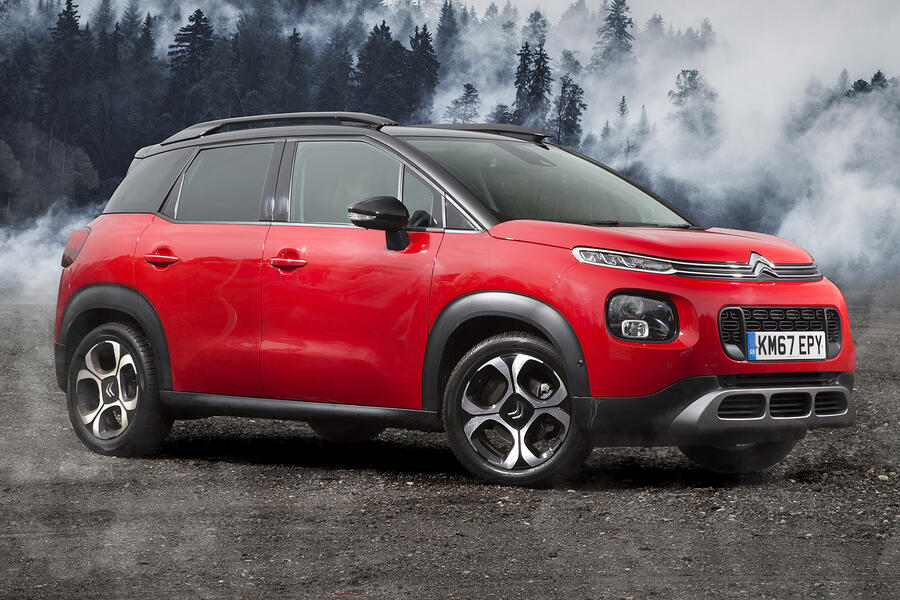
“The hamster has got off the wheel,” said one source, who asked to remain anonymous. “For too long, we’ve had too many factories pumping out too many cars that it has been cheaper to push out at a huge discount rather than address the root of the problem.
“Pre-Brexit, UK buyers were the beneficiaries, as the exchange rate made it preferable to sell cars here, but all that has changed now.”
Reducing how many cars are produced is just one part of the equation, however, because the costs of making those cars is very much determined by parts costs, themselves driven by the volumes that are being ordered. A dramatic reduction in the number of cars coming off the line would reduce supply but also risk reducing demand by pushing up costs. The balancing act for an industry this vast and complex is rarely anything but mind-bending.
That’s partly why even those on the front foot have been treading an unrelentingly upbeat path, claiming that it’s possible to grow profits and volumes, not just one or the other. Late last month, for instance, Citroën UK managing director Eurig Druce presented a three-year plan to transform the brand’s fortunes, building around the pillars of reducing short-term low-priced rental activity (which just a year ago accounted for one-seventh of all its registrations), dropping prices to reduce discounting (thereby protecting residual values and leasing costs) and building the brand’s standing among buyers off the back of a whirlwind of new car launches.
“There’s nothing like a crisis to allow you to look at the business in a slowed-down motion”, Druce explained. “But these changes will only work if they’re fundamental, long-lasting shifts in the way we do business. It’s a strategy our business needs today to thrive tomorrow.”
This is a logical approach, and it’s no coincidence that both Druce and Norman head parts of the PSA Group, whose chief executive, Carlos Tavares, has always famously had a close eye on matching supply and demand, no matter how painful the decisions on costs that need to be made to achieve it. The question now is whether they can hold their nerve when normality returns.
“You know what happened after the last recession,” said Bill Berman, who became chief executive of the Pendragon retail chain that includes Evans Halshaw, Stratstone, Car Store, Quickco and Pinewood in February. “They all said they would hold their nerve, then one needed to shift some stock, launched nationwide discounting and everyone else had to follow suit. Maybe it will be different this time, but it only takes one to lose their nerve and they all have to start their counter-moves.”
READ MORE
Citroen UK three-year plan to boost market share, reduce haggling

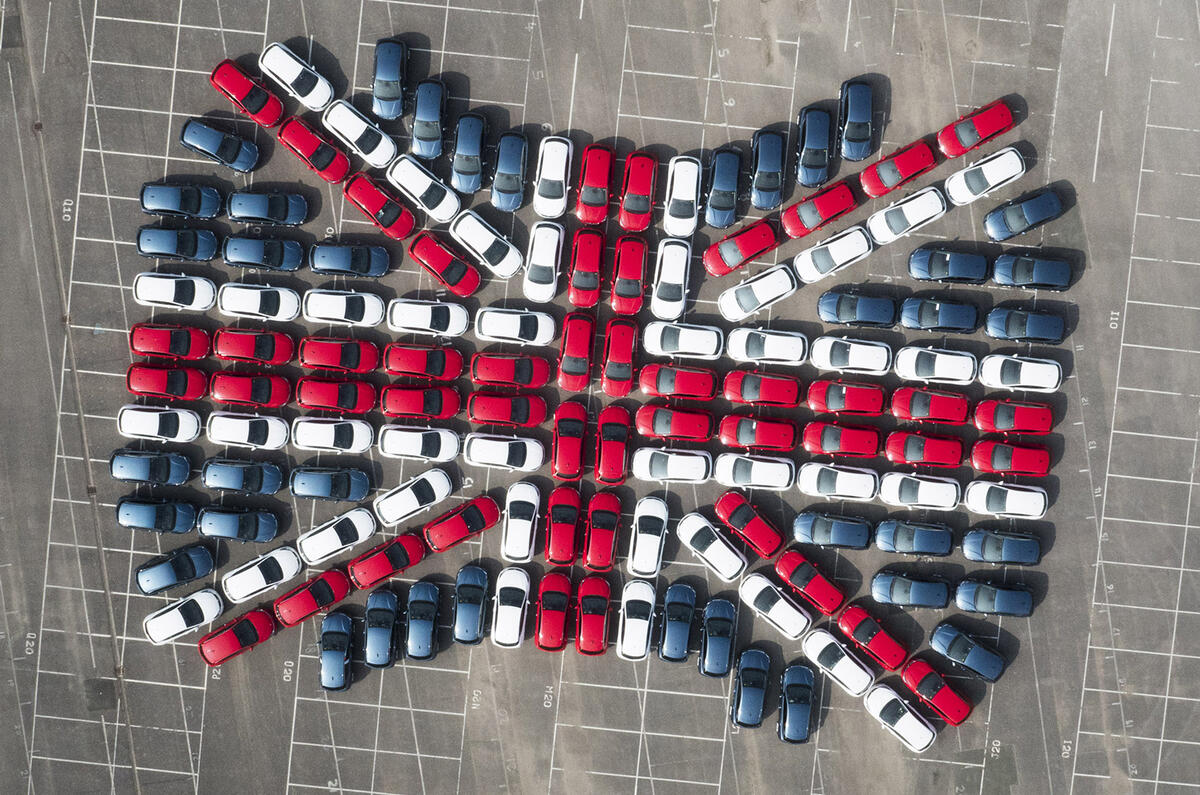
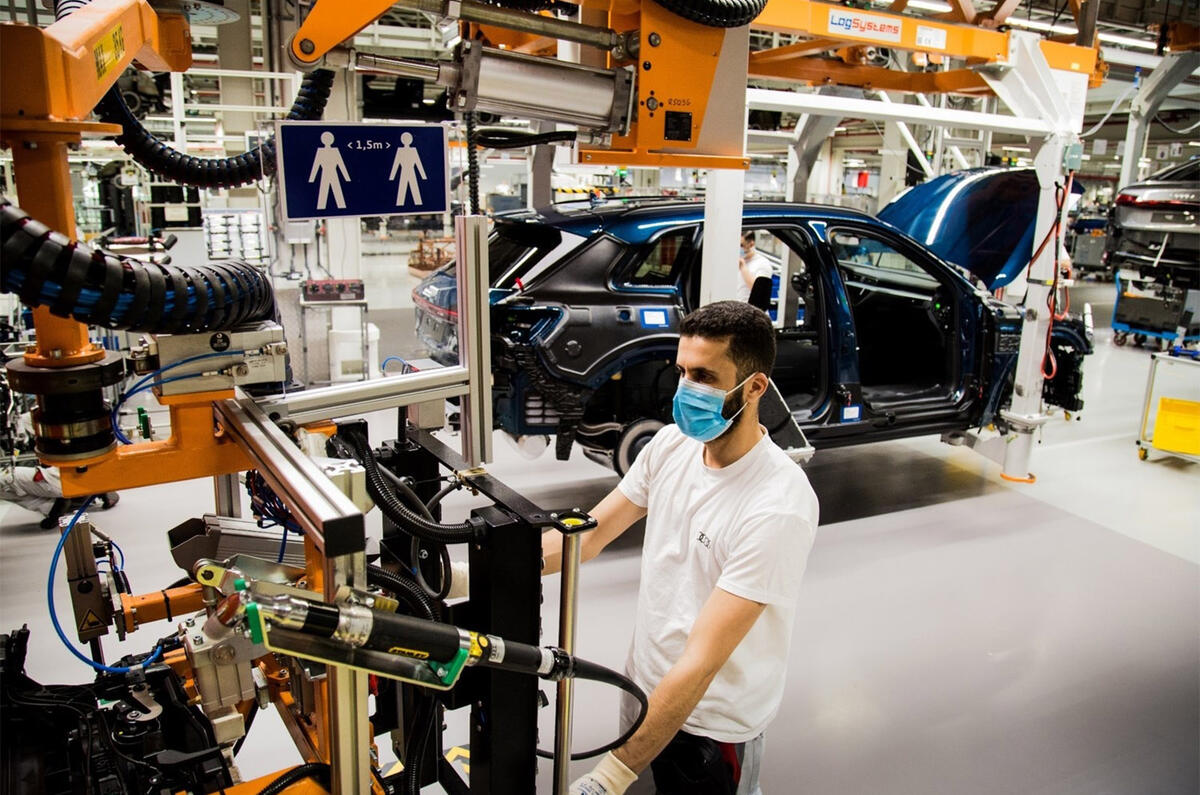
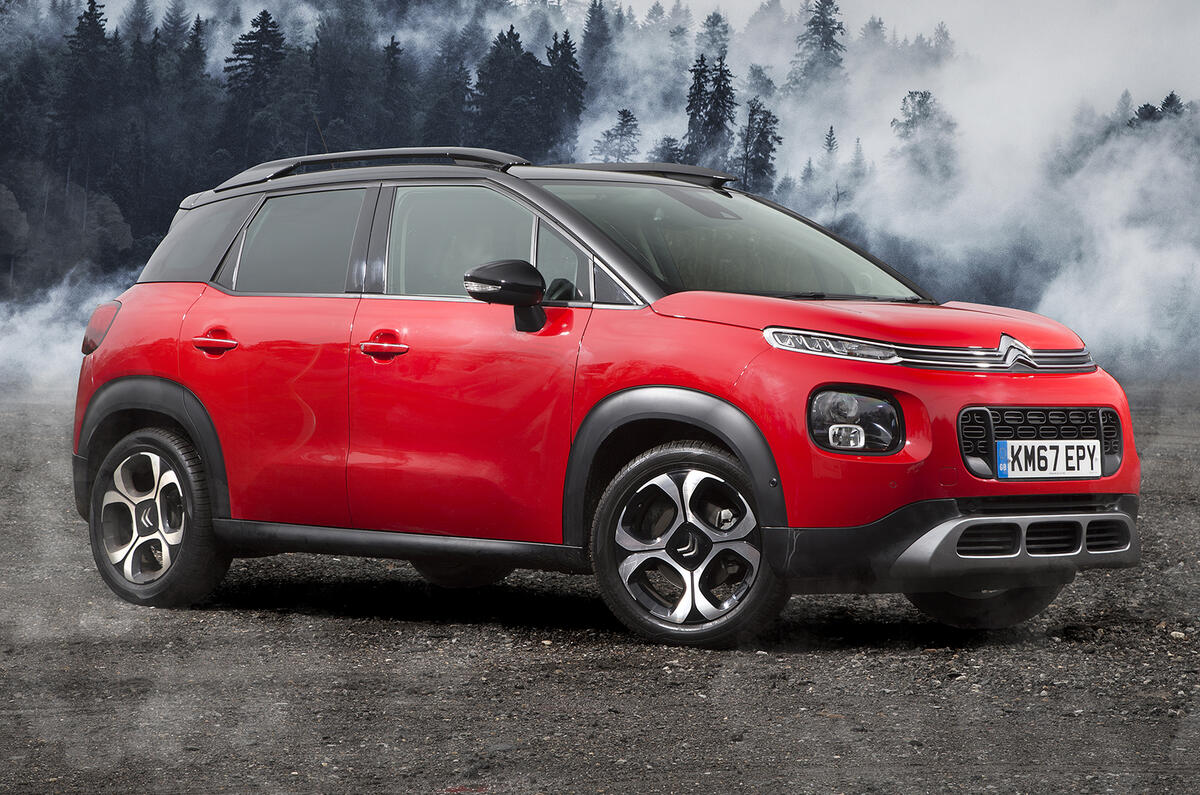

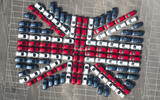
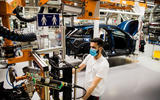
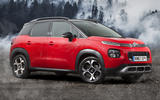



Join the debate
Add your comment
20% discount is the norm, the
20% discount is the norm, the new car we ordered pre pandemic had that kind of discount on it. Manufacturers make money from finance and the dealers make money from servicing. Kia and Hyundai don't just offer big warranties because the cars are reliable but because a cost benefit analysis was carried out on keeping the cars in the network for parts. Parts are a very profitable business for dealers.
I'm holding off for now,the deals out there aren't particularly exciting and dealers are offering poor prices on trade ins.
I don't believe this.
As a private buyer I have bought two brand new cars in the last three months, both with 20%+ discounts on MRRP. So I simply do not believe that fewer sales means higher transaction prices. The opposite is true, that manufacturers and dealers need to move the metal regardless, and are prepared to sacrifice margins for sales. Witness the airfields and car parks full of unsold new cars in this country alone, never mind the millions of nearly new and ex-fleet used cars at sites around the country.
It was always this way and will continue, while the massive manufacturing overcapacity and dealer incentive schemes exist.
Some plants will be closed (probably some in the UK), and more co-operation, platform sharing, and brand amalgamations will occur. Electrification and the advance of the chinese into advanced auto manufacturing, are only going to add to the pressure.
Congratulations on getting
Congratulations on getting hefty discounts, but the reason you did is due to chronic oversupply exacerbated by the pandemic. If over production is reduced then these discounts will disappear. Sounds like a good news story overall for the world (over production is very wasteful) but bad news for the UK industry, which will be without preferential trade deals and outside the tent when painful decisions are made.
Market Decides
Not sure I agree scrap. Never going to balance supply and demand, so there will on balance always be oversupply in the market as a whole to a greater or lesser extent and that equals discounts. Saloons not selling discount them heavily and build more SUV's and then discount them also. With record low interest rates available on new purchases and oversupply its probably the best environment to buy a new car if that's what your sold on doing.